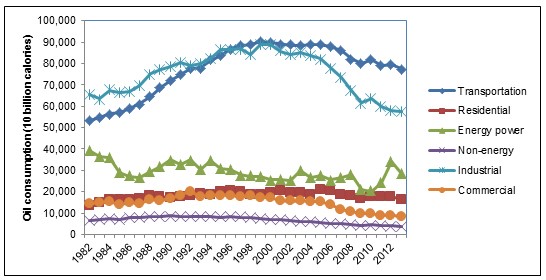Keeping the Commitment after the Apology
On 14 August, the day before the 70th anniversary of the end of the Pacific War, Japanese Prime Minister Shinzo Abe issued a long-awaited statement on Japanese memory of the war and his vision for the future. In it, he emphasised that the apologies given by previous Japanese cabinets ‘will remain unshakable into the future’. Abe’s statement received mixed responses from around the world.




